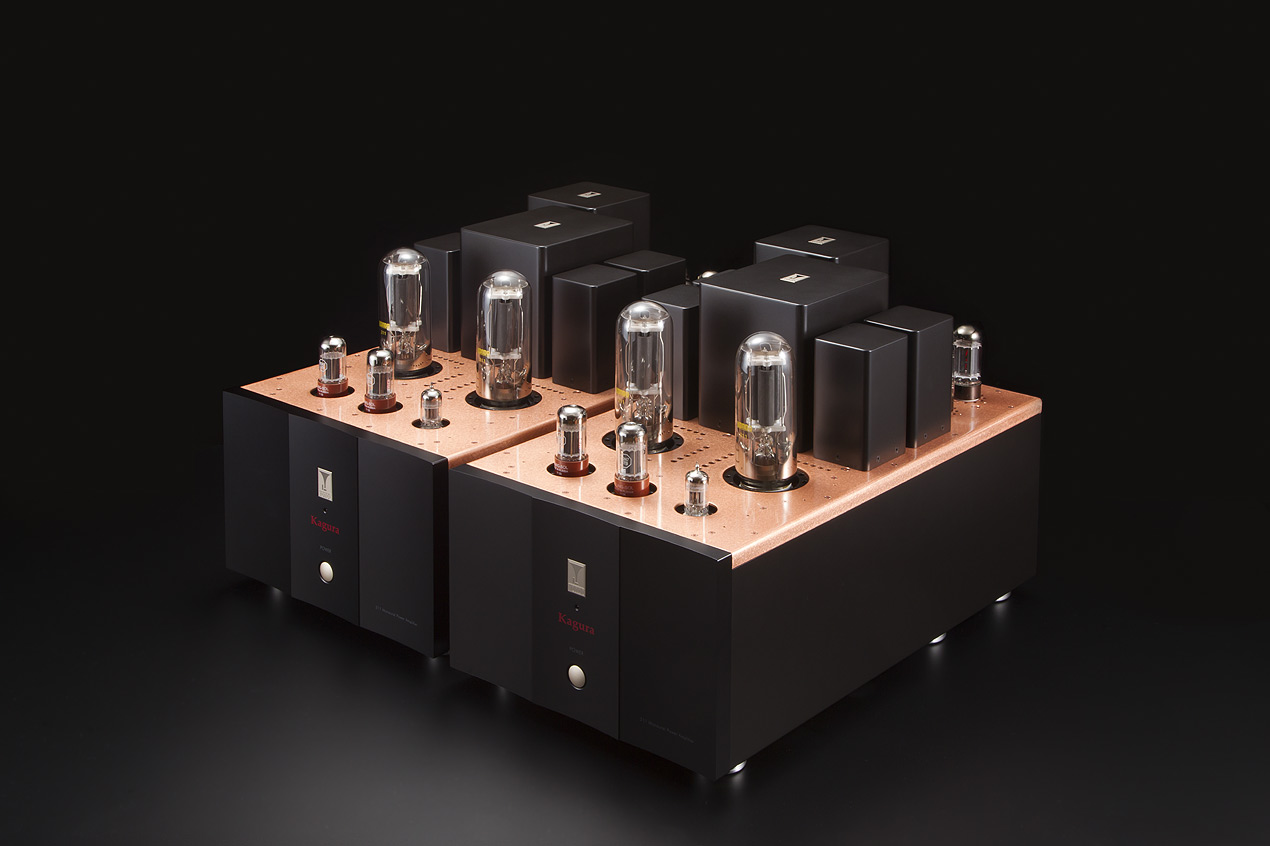
Posted on 06/29/2015 3:13:25 PM PDT by blam
Ray Blanco, The Daily Reckoning
June 29, 2015
Do you like your iPhone? Today, you are walking with the equivalent of what was supercomputer not too long ago — in your pocket.
The foundation for the modern semiconductor industry got its start in the late 1940s and 1950s. Electronics up until then were dependent on vacuum tubes. These weren’t, to say the least, very easy to miniaturize. But we did try to use them.
In 1946, the U.S. government built the first general-purpose electronic computer. It was called ENIAC (Electronic Numerical Integrator And Computer) and contained over 17,000 vacuum tubes, along with an additional 90,000 bulky components. It was enormous. Something better was obviously needed for computers to become practical.
That began to happen in 1947 when engineers at Bell Labs invented the transistor.
These components could replace vacuum tubes. They could also be made much smaller. Things started changing fast. By 1954, Texas Instruments was selling them.
Then, in 1958, Texas Instruments engineer Jack Kilby (who would go on to win the Nobel Prize) invented a way to put multiple transistors on a single piece of material. He used a chip made out of germanium for its semiconducting properties. Some of the greatest inventions in history sure didn’t look that way at the start. In fact, at times, they were downright ugly. However, this ugly duckling was the world’s first integrated circuit:
Not long after, Robert Noyce of Fairchild Semiconductor found a better way to build an integrated circuit using a silicon chip. His invention was so important, we have geography named after it. It was the beginning of a big industry that specialized in making things smaller. And they did get smaller, regularly.
(snip)
(Excerpt) Read more at businessinsider.com ...
I stopped making chips the last day of 1994, Texas Instruments.
For years Intel promoted that Noyce invented the integrated circuit when all he had was some suspicious notes in his engineering book while Kilby had a working device.
Working is good....
Computer components are racist...and sexist.
The vacuum tube, the transistor, the integrated circuit, the central processing unit...they were all invented by evil WHITE MEN!
Good! It’s about time.
Send them down the memory hole!
I just talked to a guy Friday who is making vacuum tubes right now.
I would be interested in picking your brain. Lately I have been contemplating what would be required to set up some sort of amateur transistor/chip making effort.
My thinking is that if we ever suffer from an EMP device, or if we have a financial collapse and/or social upheaval, the ability to make relatively simple I.C.s might be a very useful ability to have.
Do you suppose such a thing could be done by an amateur?
Tough argument to refute. I'm assuming they are including Jewish contributions as "White." Pound for pound, Jews punch way out of their weight class in Science and Inventions.
There is this French Guy that has some youtube videos. He has turned the making of amateur vacuum tubes into an art form. It is quite beautiful how he does it.
This is something I would also be interested in doing.

That is a keeper.
One of the unintended consequences of this technology is that data, and I mean sensitive data, can be loaded on small devices in a short period of time.
So much so, that none of us should be surprised that everything about us that is on-line will be made available to anyone who wants to know.
They can set up firewalls and super encryption and make us change passwords, but where there are humans, there’s always a few on the inside with access. Eventually a rouge will download.
There still is a place for paper records. Where security is more important than efficiency.

No.
Engineers find a simple yet clever way to boost chip speeds
I think it’s a bit simplistic to hold Moore’s law to only the chip size. In accordance with his first comments which set the rules, I think it is reasoned to do so, but in the larger picture aren’t we really more interested in productivity as well as the chip?
I’m personally not as concerned with the size of a chip, as I am with the power. Double that power in a workable reliable way, and you’ve more or less conformed to the intent of Moore’s law, if not the letter of it. (I realize there’s a counter argument here, but I’m not convinced it’s worth persuit)
If my overall equipment size continues to get smaller even though the chip size may have rebounded a bit, do I really care?
The overall functionality of the equipment is what is important to me.
So yes technically Moore’s law may have met a brick wall, but I’m thinking nobody is going to bother bitching a lot if a good tunnel to more reliable power goes through it.
Your cell phone in your pocket either does, has replaced, comes with, or offers a substitute for every one of those things.
More laws?!? What do we need more laws for?!? WTH?!? What's that? Oh, *Moore's* Law. Never mind. Thanks blam.
 |
 |
| |
|
| Send FReepmail if you want on/off SVP list | |
| The List of Ping Lists | |
I made my first computer model (it modeled tire and gearh friction on a posi-traction rear axle) on a vacuum tube analog computer, whch contained about a thousand vacuum tubes.
PS: Friday is a girl.
Disclaimer: Opinions posted on Free Republic are those of the individual posters and do not necessarily represent the opinion of Free Republic or its management. All materials posted herein are protected by copyright law and the exemption for fair use of copyrighted works.